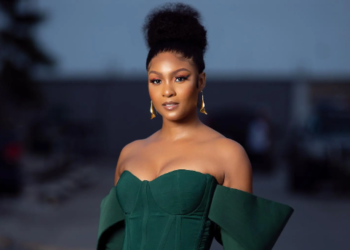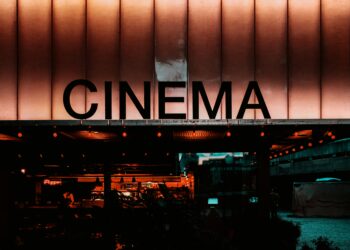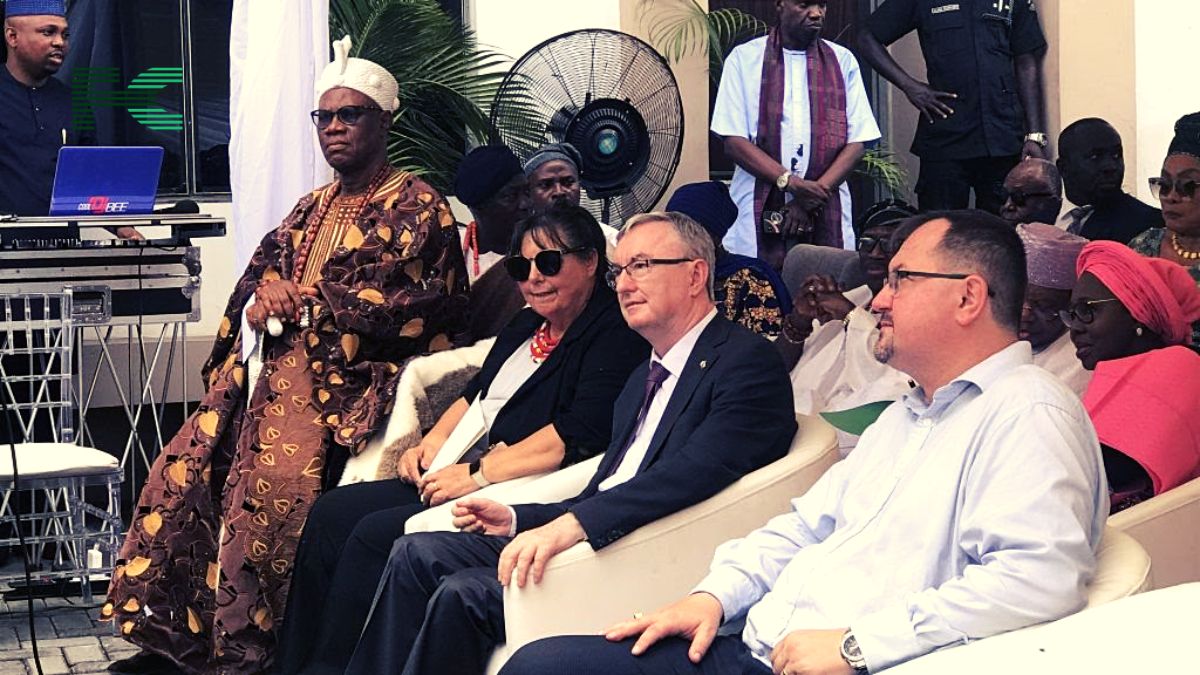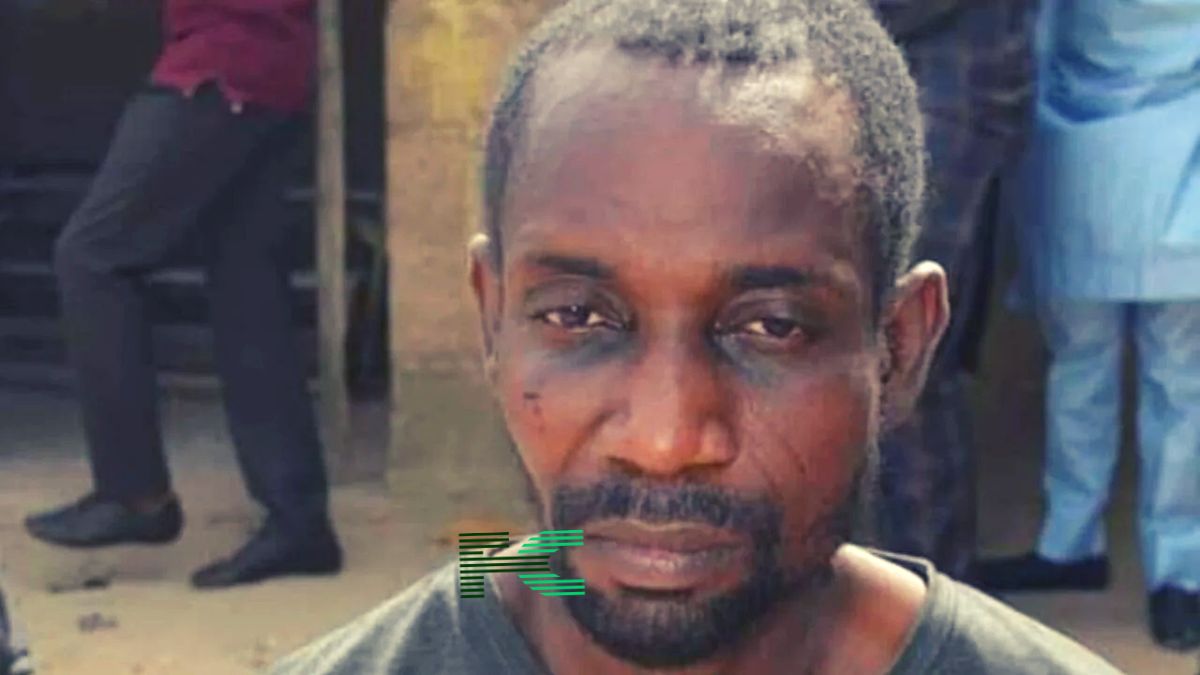In a surprising cultural shift, the Bariga Local Council Development Area (LCDA) has officially renamed the iconic Charly Boy Bus Stop to Olamide Baddo Bus Stop, setting off a wave of reactions across Lagos and social media.
The change was part of a wider naming project by Bariga LCDA to honour individuals with significant ties to the community. But the decision has sparked public debate: between Charly Boy and Olamide Baddo, who truly deserves the landmark?
Charly Boy: The Original Rebel, TV Pioneer & Cultural Provocateur
Charles Oputa, known as Charly Boy, is a multi-talented Nigerian entertainer whose legacy stretches back to the 1980s. With his punk-inspired looks, defiant voice, and radical TV presence, Charly Boy became a household name through The Charly Boy Show, a bold and often controversial program that pushed creative boundaries.
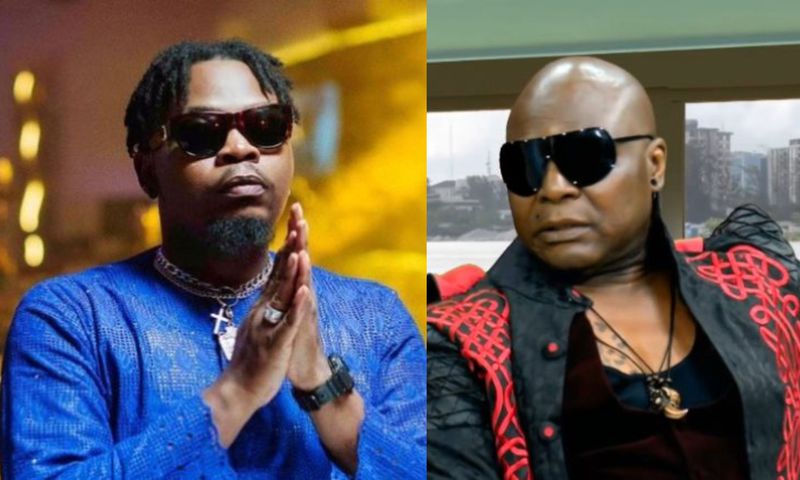
He also served as president of the Performing Musicians Association of Nigeria (PMAN), championed artists’ rights, and consistently used his platform to speak against injustice. Though not a mainstream music hitmaker, Charly Boy built a legacy around fearless expression and alternative performance art.
For decades, the Bariga community and surrounding areas informally called the landmark Charly Boy Bus Stop — a nod to his influence and his longstanding residence in the neighborhood.
Olamide Baddo: From Bariga’s Streets to African Music Royalty
Olamide Adedeji, famously known as Olamide Baddo, is one of Nigeria’s most influential contemporary musicians. Born and raised in Bariga, his breakout track “Eni Duro” launched him into the national spotlight in 2010. Since then, he has built an unmatched discography, releasing over 10 albums and dominating the charts year after year.
Olamide’s accolades include:
- Most Headies wins in history (15 awards)
- First Nigerian rapper nominated for a Grammy (via Asake’s “Amapiano”)
- Over 600 million Spotify streams globally
- Founder of YBNL Nation, which discovered and developed stars like Fireboy DML and Asake
- Consistent delivery of street hits, club anthems, and culturally relevant music
His 2024 release, Ikigai Vol.1, confirmed his staying power, marking over a decade of dominance in Nigerian music.
Legacy Clash: Charly Boy vs. Olamide
| Category | Charly Boy | Olamide Baddo |
| Era of Influence | 1980s–2000s | 2010s–present |
| Creative Scope | TV, activism, media, alternative music | Rap, Afrobeats, entrepreneurship |
| Cultural Role | Provocateur, rebel, media disruptor | Street voice, cultural bridge, youth icon |
| Ties to Bariga | Longtime resident | Born and raised in Bariga |
| Awards & Impact | Cultural icon, media leader | Headies legend, Grammy-nominated, YBNL boss |
Charly Boy symbolizes artistic rebellion and media disruption — someone who challenged the norm when it wasn’t popular to do so. Olamide, on the other hand, represents success born from the streets of Bariga, reaching global heights while remaining deeply connected to his roots.

What Are People Saying?
The rename has divided opinion online.
“Olamide grew up in Bariga and still reps us everywhere. Naming the stop after him is overdue.”
— @baddogidi, Twitter
“Charly Boy gave this stop its name with decades of legacy. You don’t just erase that for trends.”
— @lagosuncensored, Instagram
While some applaud the LCDA for celebrating youth success, others feel the renaming erases a critical part of local history.
Final Take: Evolution or Erasure?
The decision by Bariga LCDA highlights a generational and cultural shift. Charly Boy may have brought early attention to the area through media and activism, but Olamide represents the present and future of Bariga’s global influence.
Still, many argue this shouldn’t be an either-or conversation. Rather than replacing one legend with another, Lagos could consider dedicating new landmarks or creating joint tributes to honour both figures for their unique and lasting contributions.


